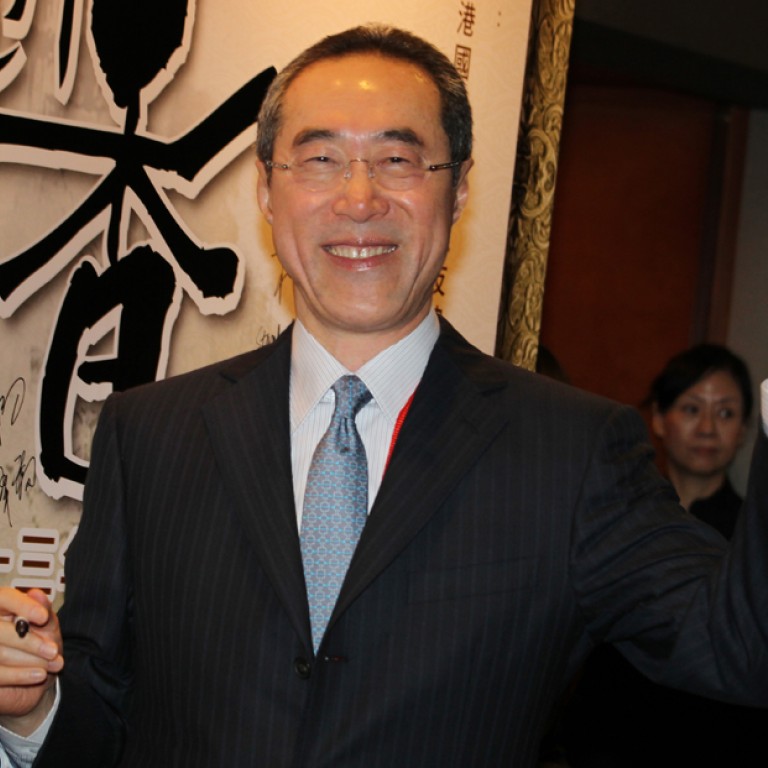
Hongkongers 'will elect Beijing-friendly leader', says Henry Tang
Beijing's requirement for the city's chief executive to "love the country and Hong Kong" may not be in the Basic Law mini-constitution but Henry Tang Ying-yen believes voters will be wise enough to elect a patriot anyway.
"Although these words are not … used in the Basic Law, I am confident that Hong Kong voters will have the will to implement universal suffrage as well as the intelligence to elect someone who will work with Hong Kong and the central people's government," the former chief secretary and failed chief executive candidate said yesterday.
Tang's remarks came after Basic Law Committee chairman Li Fei reiterated Beijing's oft-repeated stance on the issue during a three-day visit to the city that ended on Saturday.
Tang, a member of the standing committee of the Chinese People's Political Consultative Conference, asked: "What will happen to Hong Kong's future if the chief executive antagonises the central government?"
He said another concept reiterated by Li - that the future nominating committee "as a whole" should put forward chief executive candidates - was nothing new.
Tang noted that the idea, seen as a process that could screen out candidates not favoured by Beijing, was raised in 2007 by Qiao Xiaoyang, now chairman of the National People's Congress Law Committee.
Meanwhile, an article in yesterday's overseas edition of quoted a Peking University professor as claiming that the United States was "interfering in Hong Kong's affairs".
Yin Hongbiao, of Peking University's school of international relations, condemned a report by the US-China Economic and Security Review Commission which said the city "had a bleak prospect for universal suffrage".
"A certain extent of instability in Hong Kong is beneficial to the US from the international relations perspective … it can be used as a bargaining chip for the US to act against China," Yin was quoted as saying.
The article said it was "against the rule of law" to introduce political demands into the discussion of universal suffrage or to interfere in local affairs from abroad.

